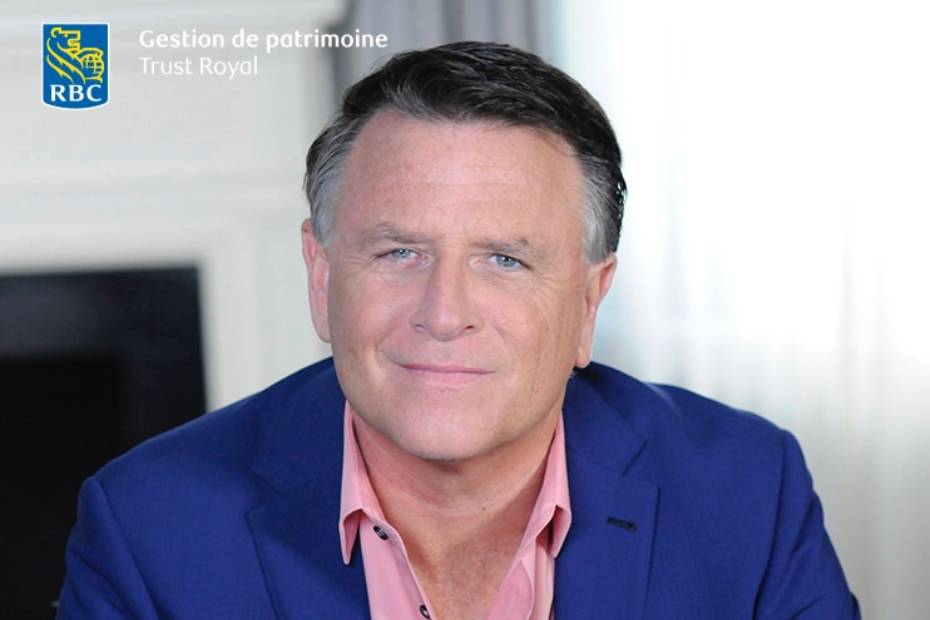This article originally appeared on RBC Wealth Management.
If there is one truism about families, it’s that generations don’t always see eye to eye.
That can be especially true when it comes to money. Whether the subject is how to earn it, how to save it, how to spend it or how to invest it, there are countless areas where families might disagree.
With a family’s wealth at stake, everyone involved needs to come to a better understanding about how the next generation will handle what’s in store for them.
One key to help unlock the necessary conversations around money may be with responsible investing—the process of incorporating material environmental, social, and governance (ESG) factors when evaluating investments to help identify potential risks and opportunities. It’s an additional layer of data and analysis to incorporate into a financial plan.
This is an area where the next generation of investors—generation X increasingly, and millennials and generation Z even more so—are extremely engaged, to a much greater extent than their parents, according to research by the consulting firm Cerulli Associates. For that reason, responsible investing can essentially be used as a launchpad for discussing how family wealth can have real impact—not only on the financial security of future generations, but on the pressing global issues of our time.
Here’s why responsible investing is a great tool for jumpstarting those conversations:
Responsible investing taps into something the next generation cares about
For boomers, total return tends to be the primary goal of any investment strategy. But that’s not enough to get next generation investors truly engaged. Instead, responsible investing can really move the needle for them.
This shift is so dramatic that it’s changing how financial advisors are doing business. Bringing in the next generation and engaging with them in a proactive manner sooner rather than later can lead to insightful conversations.
“The real challenge is: How do you actually engage with that next generation?” asks Kent McClanahan, head of Responsible Investing for RBC Wealth Management. “If you just start talking about returns, often their eyes will glaze over and they quickly change the subject.”
But if you talk about investing in companies that are taking on climate change or interested in sustainability themes like clean water, renewable energy, health and wellness, McClanahan adds, that’s the kind of thing millennials and generation Z enjoy talking about.
“Ask them, ‘Would you like to invest your money that way?’ Maybe they had never even thought about that,” he says.
Responsible investing facilitates the exchange of ideas
Money can be a tricky subject to tackle, as there can be many different obstacles to fruitful conversations. Some families don’t talk about it at all because it could be seen as crass or taboo, or because it might upset family dynamics. Understanding what is most important to all family members and how to align goals to your financial wellness journey can leave a lasting impact on families and their relationships.
Another obstacle is that next generation investors might not feel ready or educated enough to discuss how to be stewards of significant wealth. Or, since inheritances might still be a decade or two down the road, they might feel apathetic about putting in the work of serious learning right now.
Whatever the obstacle might be, responsible investing can be a great conversation starter to help you overcome it, McClanahan says. Even better, this investing mindset makes the subject of money more of a two-way conversation.
“This is a great opportunity for kids to bring something to the table that parents might not understand,” he says. “Younger generations have an innate sense of what environmental and social responsibility look like, and how to bring that into a portfolio.”
While having those conversations around purpose-based investing, family members may find they might not all be on the same page. And that’s OK, McClanahan says. It’s natural to have a range of viewpoints within a family, and that shouldn’t prevent these money talks from taking place.
A thoughtful approach can help families create a lasting legacy among generations. Discussing the financial goals and objectives for an investment portfolio, the impact of a family legacy and the values to leave for the next generation are a few ways to delve into these conversations.
Responsible investing gives the next generation a starting point
The idea of portfolio management, especially with large sums of money, can seem overwhelming to any new investor. Responsible investing can open that first door—giving younger generations a way to understand their holdings, and helping them decide what they might want—or not want—to invest in.
That kind of investing framework may be especially helpful for high-net-worth clients and family charitable foundations. If there are millions of dollars at stake, some guiding principles, or a policy statement—perhaps with a responsible investing focus—can help determine exactly how that wealth is going to have an impact.
But as much as responsible investing is a useful starting point for parents and kids, it’s also an ideal subject for someone else: investment advisors. By helping facilitate these family discussions, advisors are not only giving investors the data they need to make smart decisions, they’re also forging new bonds with the next generation. Providing more education on this topic can increase the next generation’s financial literacy to help them better understand their financial wellness journey.
“Investment advisors can bring people together and show you don’t have to give up returns with responsible investing—you can add more data to your analysis to help identify potential risk and opportunities when investing,” says McClanahan. “It’s an opportunity for advisors to build relationships, translate all that information and help families come to a mutual understanding.”
A version of this article was originally published on RBC Wealth Management–U.S.
This article is intended as general information only and is not to be relied upon as constituting legal, financial or other professional advice. A professional advisor should be consulted regarding your specific situation. Information presented is believed to be factual and up-to-date but we do not guarantee its accuracy and it should not be regarded as a complete analysis of the subjects discussed. All expressions of opinion reflect the judgment of the authors as of the date of publication and are subject to change. No endorsement of any third parties or their advice, opinions, information, products or services is expressly given or implied by Royal Bank of Canada or any of its affiliates.



















